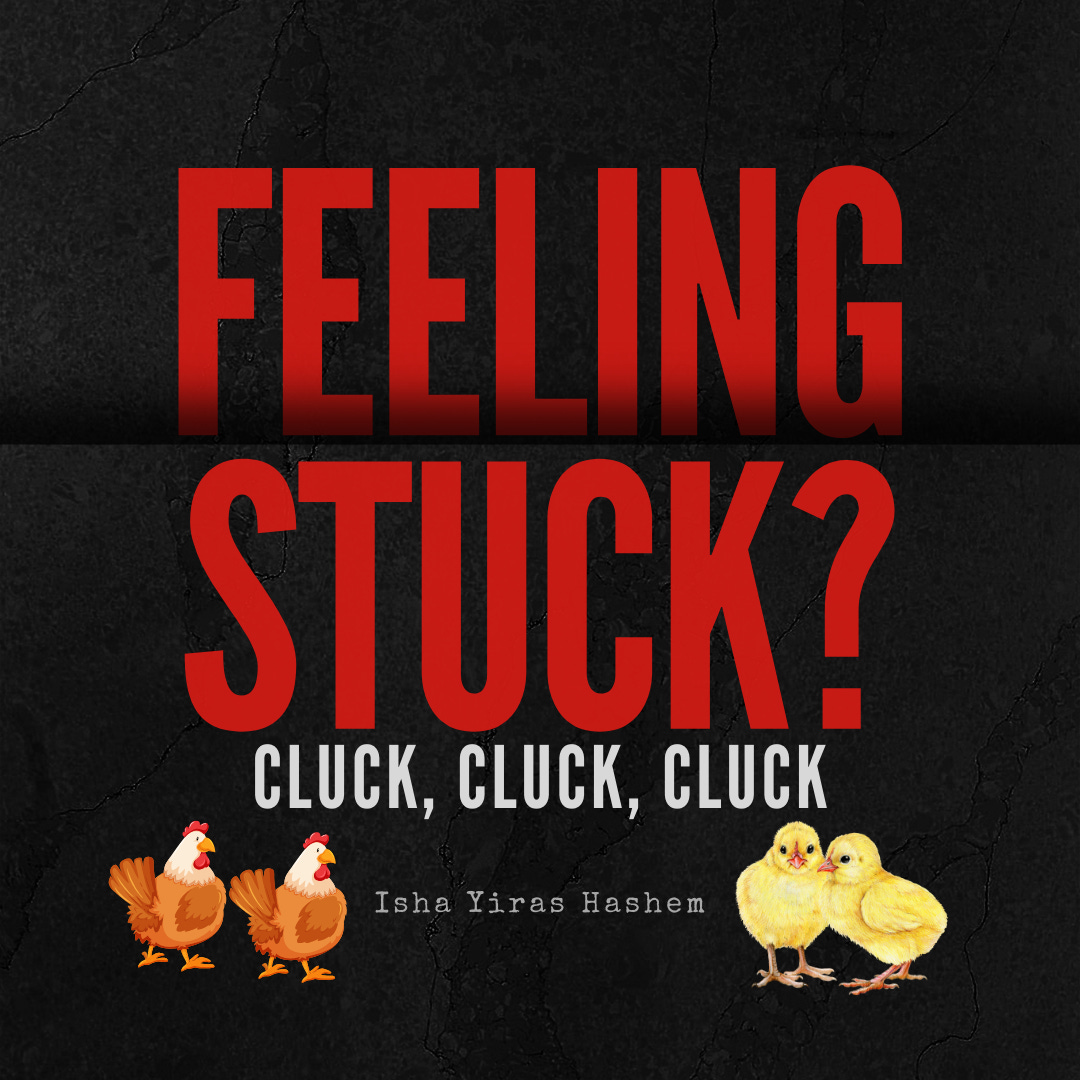Epistemic Status: A fancy way of saying how sure I am about this. High confidence in the pattern recognition, moderate confidence in the strategic intentionality behind it.
My credentials include being a lifelong registered Democrat since age 18 and exposure to news media about Trump. For the record, I voted for Jeff Jacoby (yes, I know he didn't run, but it was a protest vote) Now that we've got that out of the way...
Only G-d knows why, but unfortunately I appear to be the one person in the entire world who understands Trump. Woe is unto me. And before we go any further, let me be clear: this isn't about supporting or opposing him. It's about understanding a pattern that's been hiding in plain sight for years.
You see, Trump has been using the same strategy, openly and predictably, for decades. Yet somehow, every time he does it, the world reacts as if he's just invented a new form of chaos. It's like watching the same kids going to bed for the hundredth time and still being surprised that they gave you a hard time.
Trump's Playbook is the only one he's ever used. Think of it as a four-step dance that never changes:
Start with an extreme opening bid that makes everyone gasp
Watch the world panic (and enjoy the free publicity)
Force a conversation where the middle ground shifts in his direction
"Reluctantly" settle for what was probably his real goal all along
It's like watching a master negotiator who only knows one move. But that one move keeps working because everyone mysteriously gets amnesia about it.
Let's highlight some of Trump's greatest hits:
Case Study #1: The Border Wall
Remember the border wall? First it was "Mexico will pay for a giant wall!" After months of chaos, we ended up with... some enhanced border security funding. Which was probably the realistic goal all along.
Case Study #2: The Jerusalem Embassy
Or the Jerusalem embassy move. First came "We're moving it immediately!" followed by panic, followed by... a gradual, planned relocation that most people eventually shrugged at.
Case Study #3: The Gaza Conflict
And now in 2025, we're seeing the exact same pattern with the Gaza conflict. First came the extreme statement, then the outrage, and now we're watching the slow dance toward a more moderate position that still gives him more than he would have gotten with a conventional opening bid.
And let's not forget his masterful use of performative humility. You know the routine: "Nobody knew healthcare could be so complicated," he'll say, or "People are saying I understand this better than anyone." It's a brilliant move that lets him simultaneously brag while appearing to be surprised by his own expertise. The audience gets to feel like they're in on the joke, watching the performance while appreciating the artistry behind it.
I am now concerned that some of you will be impressed with my brilliant political analysis. But the real reason people keep falling for Trump's pattern isn't about politics at all. The problem, you see, is that people don't have backyard chickens anymore. 🐔 🐔 🐔
Stay with me here—there's nothing quite like caring for creatures that turn your leftovers into eggs, have more dramatic meltdowns than a CNN reporter on election night, and expire frequently enough that you develop a healthy perspective on life's ups and downs... Maybe if more people had that daily dose of chaos-management training, they'd be better equipped to handle Trump's negotiation style without losing their minds.
It's like that old saying about missing the forest for the trees, except in this case, people are missing the strategy for the tweets.
Now, I know what you're thinking:
"Isn't it reckless to negotiate this way, especially in politics?"
I mean, it is dangerous. It's a fair question. And yes, this approach comes with risks. Words matter, especially from powerful people. But here's the thing: this kind of negotiation happens all the time, just usually with less drama. The difference is that Trump does it publicly, loudly, and with cameras rolling.
What makes Trump compelling isn't his wealth or power. After all, plenty of rich, powerful people are thoroughly boring. It's that he's turned predictability into performance art.
Understanding this pattern won't make you love or hate Trump any more than you already do. But it might help you avoid the cycle of panic and surprise the next time he makes an outrageous statement.
And if you really want to understand this pattern, it's all laid out in The Art of the Deal. He literally published the playbook decades ago. And while many wish we had candidates who might serve as better moral examples, dismissing Trump as simply dumb or cult-like misses the point entirely. In fact, he's masterfully gotten his critics to focus on exactly the things that will never damage him with his supporters. (And honestly? I can only aspire to earning the kind of focused opposition he attracts.)
So congratulations! You've now been initiated into the secret art of Understanding Trump. Use this knowledge wisely, and may you never again be shocked when he does exactly what he's always done.
Though if anyone's taking suggestions for alternative entertainment, I'm happy to throw my hat in the ring as world dictator. I promise to be even more entertaining than Musk and Trump combined—and I'll make backyard chickens mandatory while I'm at it.
Proverbs 21:1 tells us that the heart of a ruler is like a stream in God's hands. Even the wind in Trump's hair reminds us that no matter how unpredictable things seem, the real winds of change aren't coming from a new president - they're coming from above.







Wow! Brilliant!!
Fabulous and funny discussion and dissection of current politics. And if you ever decide to run for dictator, don't count on my vote because dictators don't allow voting, they just take over, right?